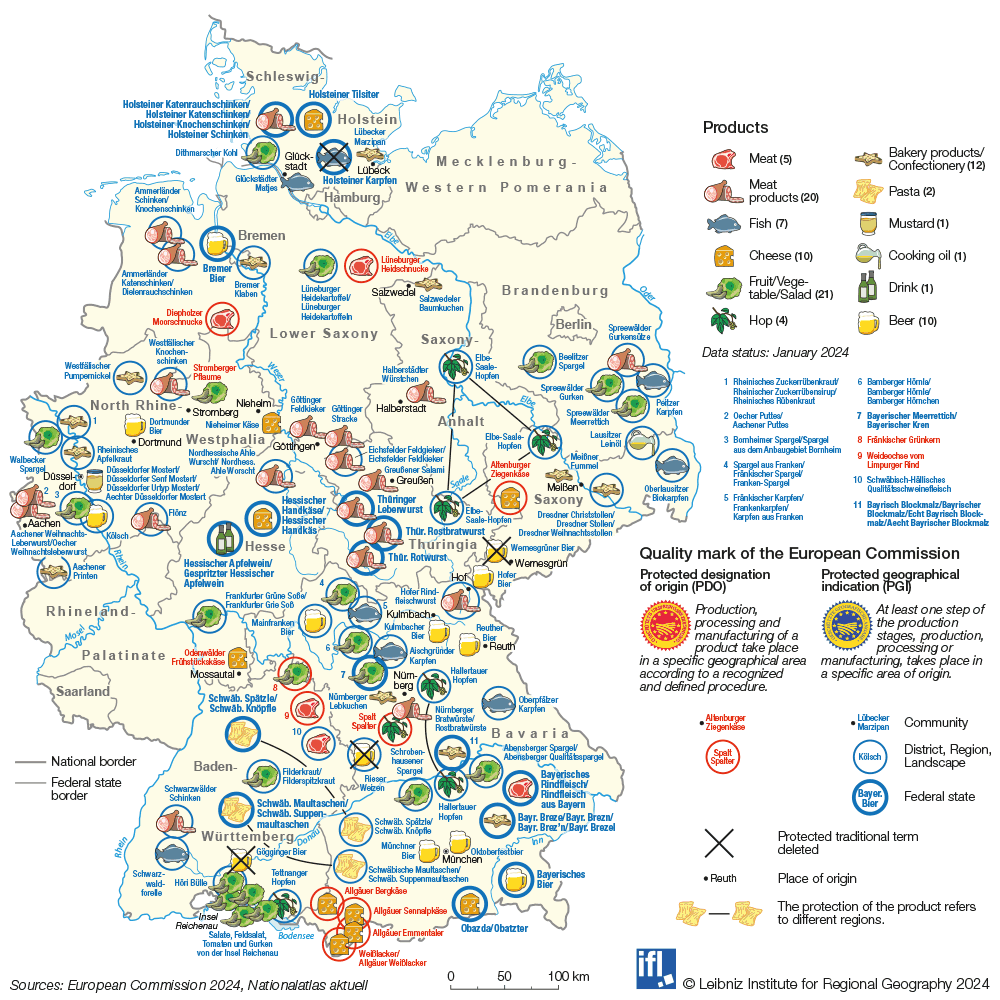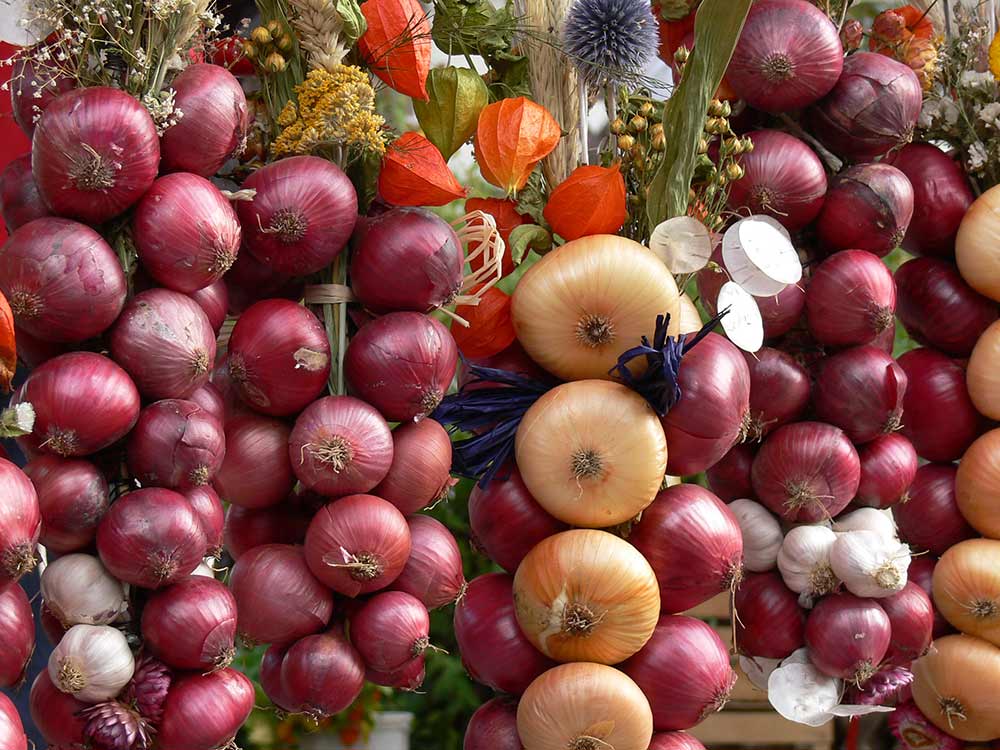
Höri Bülle (red onion)
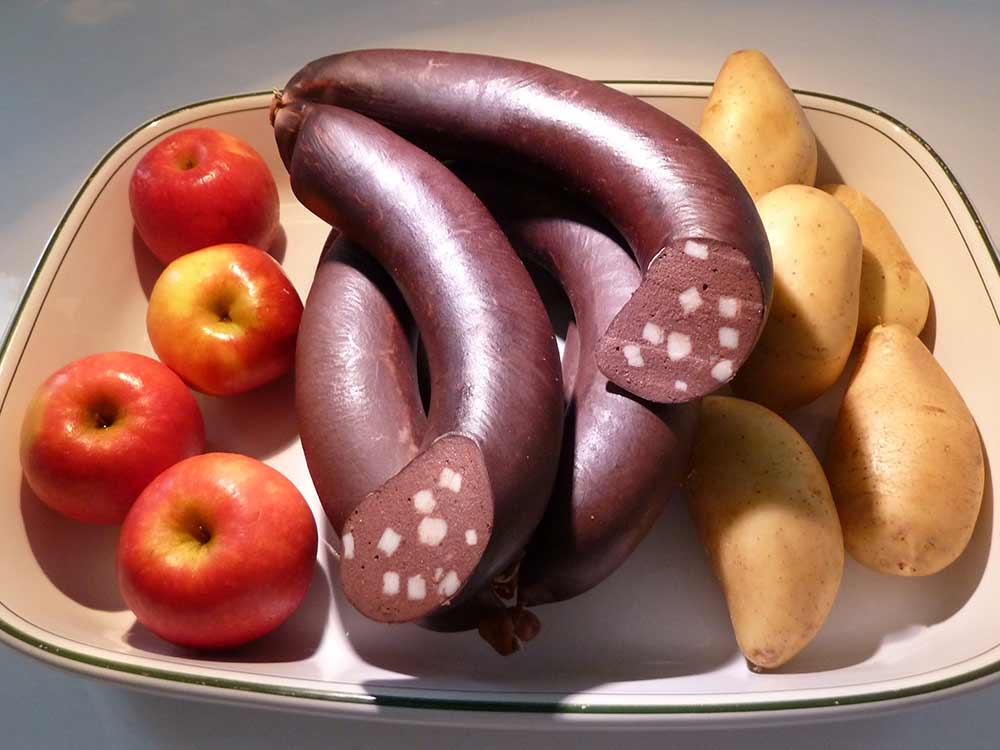
Oecher Puttes (black pudding)

“Oktoberfestbier” (Oktoberfest beer)
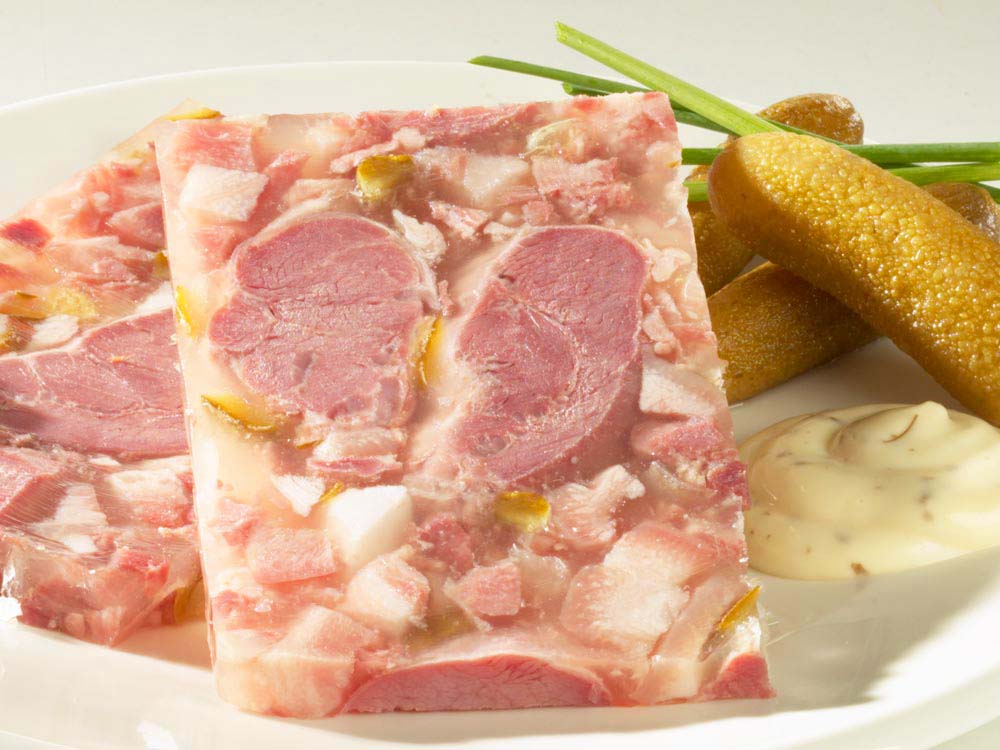
“Spreewälder Gurkensülze” (porc product)
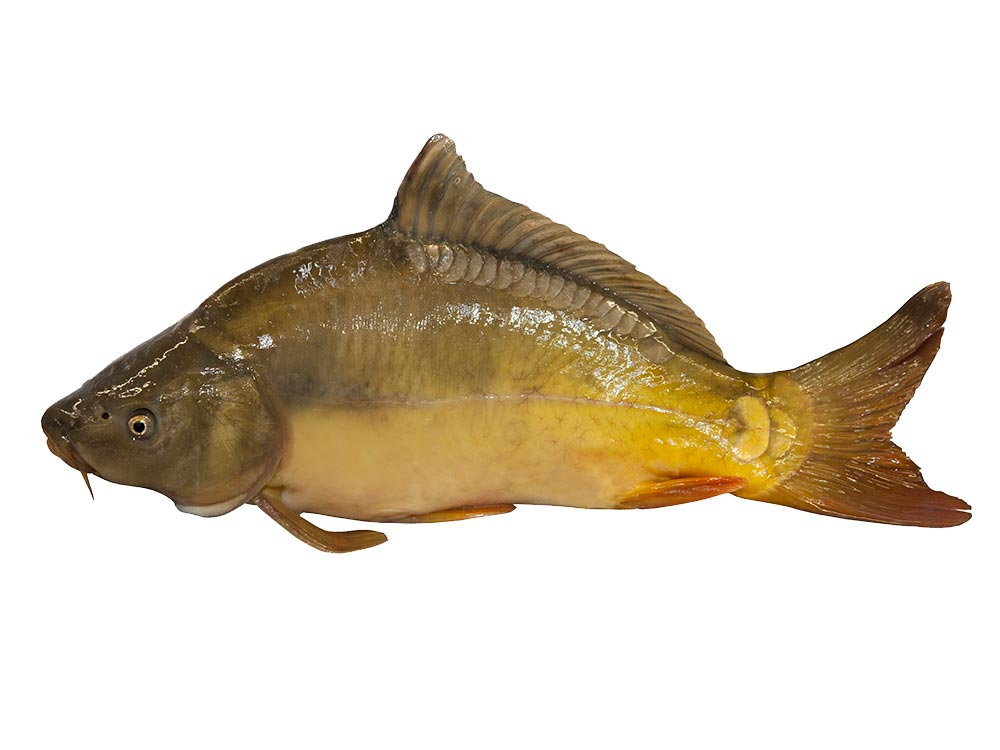
“Peitzer Karpfen” (carp)
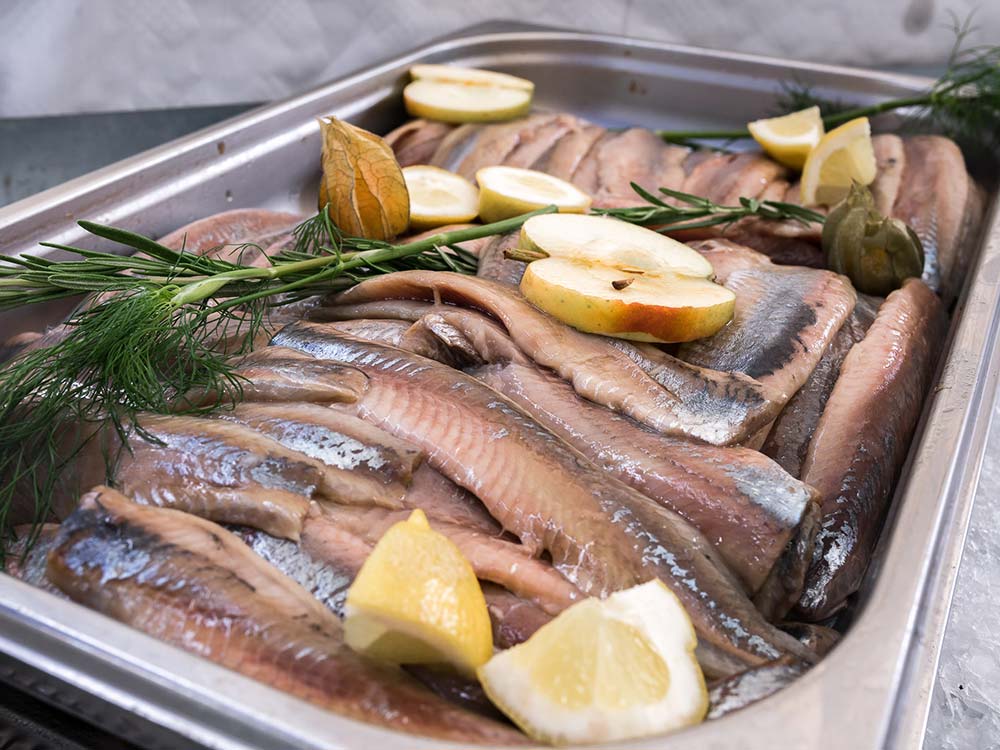
“Glückstädter Matjes”
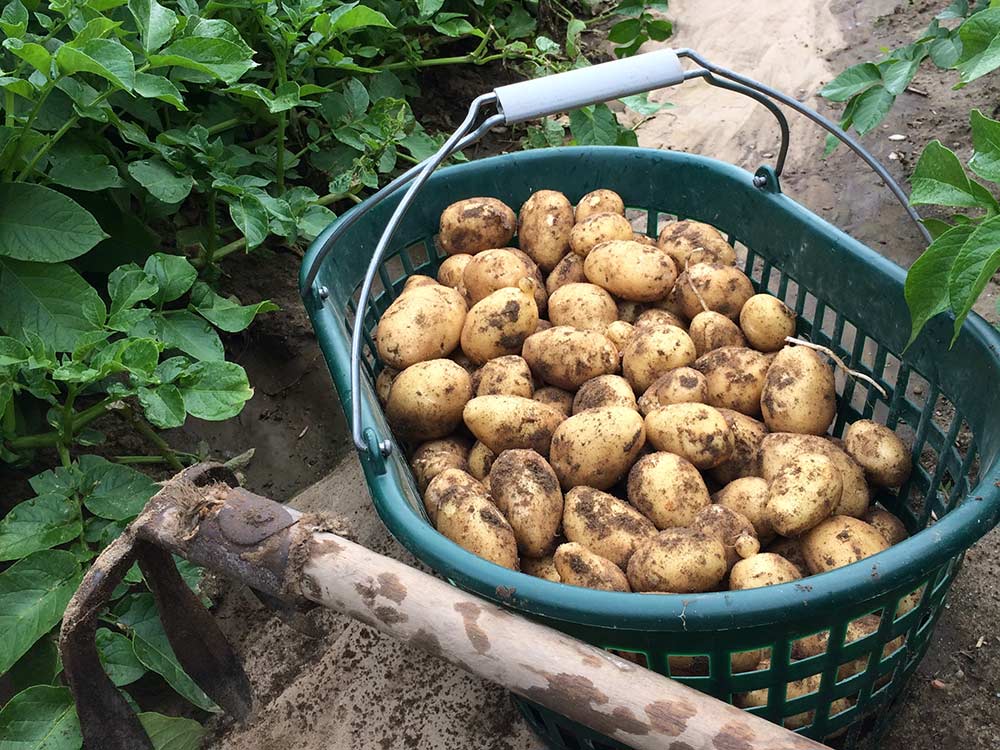
“Lüneburger Heidekartoffeln” (heath potatoes)
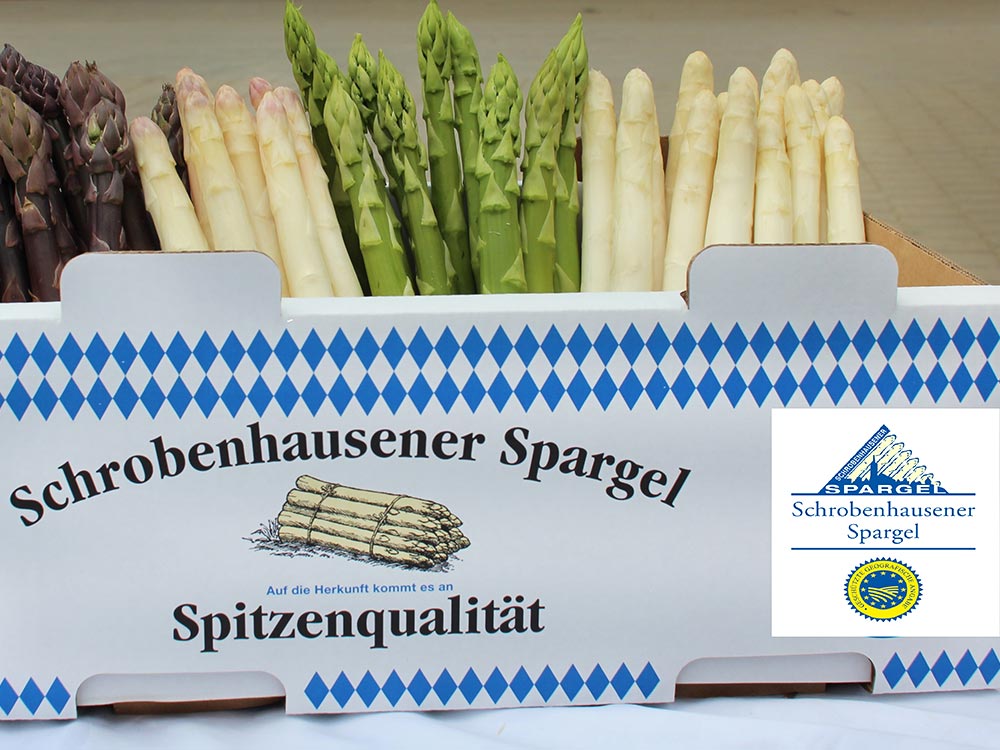
“Schrobenhausener Spargel” (asparagus)
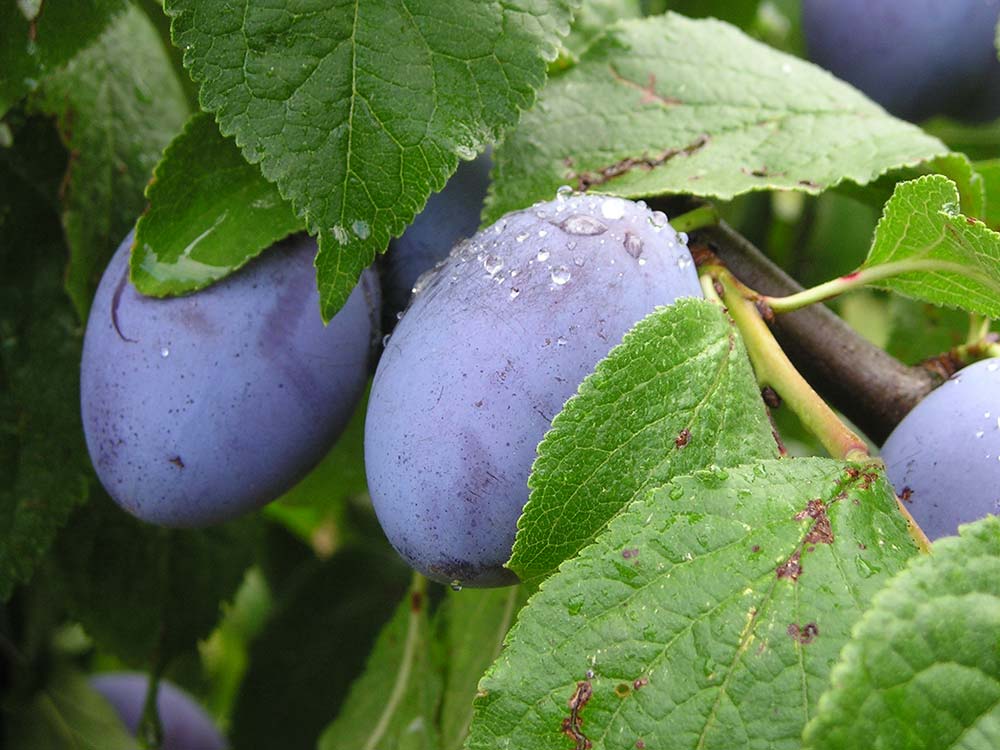
“Stromberger Pflaume”

“Dresdner Christstollen” (Dresden christstollen)
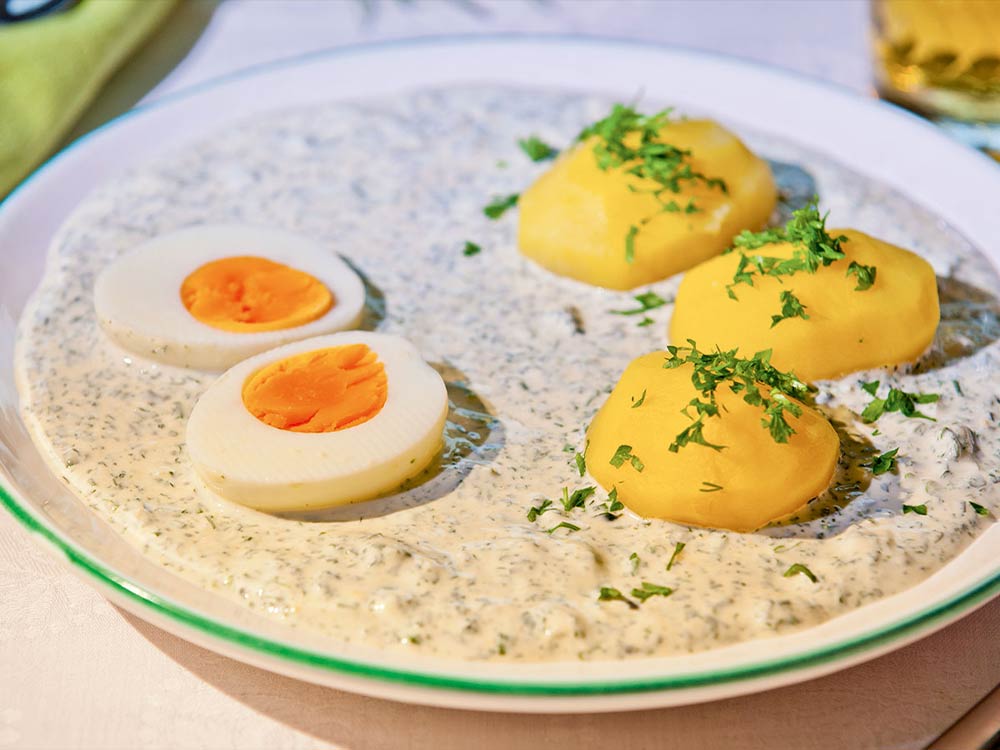
“Frankfurter Grüne Soße” (Frankfurt green sauce)
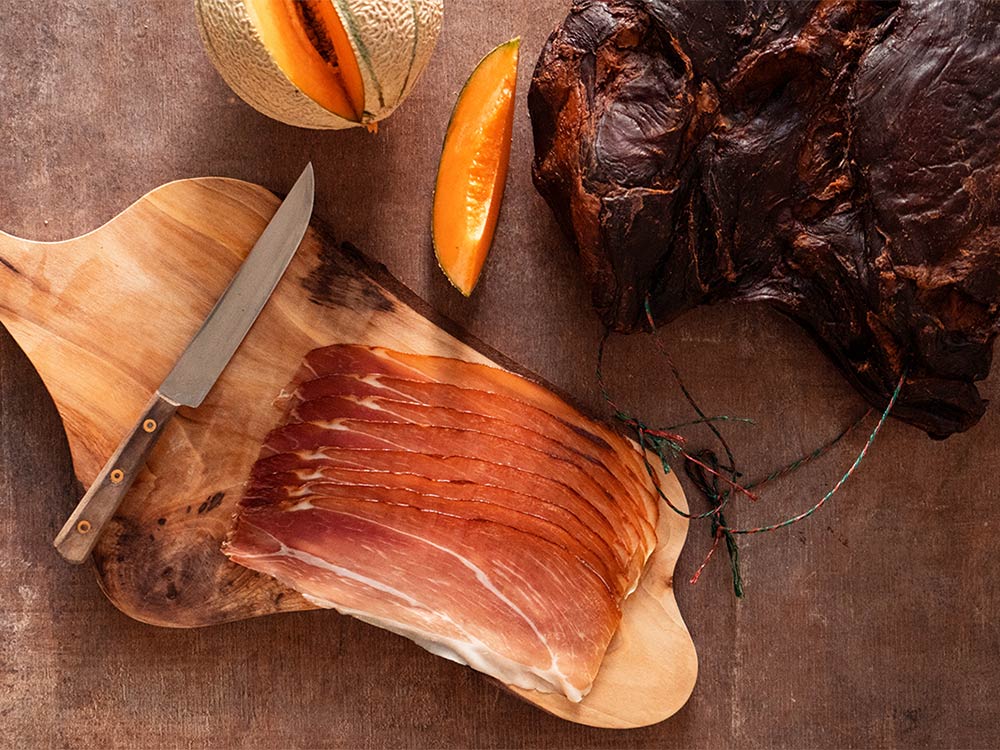
“Schwarzwälder Schinken” (Black Forest Ham)

“Aachener Printen”

“Thüringer Rostbratwurst” (Thuringian grilled sausage)
Natural stones, products made of wood, jewellery, textiles, lace, cutting tools, glass, porcelain, skins, hides — it will be possible to obtain the protection of geographical indications for such products throughout the EU in the future.
This means that the scope of geographical indications, which has so far been limited to agricultural products, foodstuffs, aromatised wines, wines and spirit drinks (known as AGRI-GIs), will be extended to craft and industrial products (known as non-AGRI-GIs or CIGIs [craft and industrial products]). The European Commission assumes that the introduction of such a system will have a general positive impact on employment, development and tourism in rural and less-developed regions.
The legal basis for the new IP rights is EU Regulation 2023/2411, which entered into force on 18 October 2023 and will apply from 1 December 2025.
As with AGRI-GIs, the examination procedure is a two-stage process. First, the protectability is examined by the competent national authority. After a positive assessment, the application is forwarded to the European Union Intellectual Property Office (EUIPO), which is competent at the EU level. The substance of the new IP right is based on the EU legislation on the protection of geographical indications for agricultural products. Under the new regulation, too, it is decisive that the quality, reputation or other characteristics of a product are substantially linked to its geographical origin.
There will be changes to the EU legislation on the protection of geographical indications for agricultural products. The current procedural provisions laid down in three separate EU regulations according to product groups will be merged in one regulation in the future (proposal for a new regulation, see document 2022/0089 (COD)). To this end, the current Regulation (EU) No 1151/2012, which concerns the competence of the DPMA for agricultural products, foodstuffs and aromatised wines, is repealed.
The current legal basis for the protection of agricultural products, foodstuffs and aromatised wines is Regulation (EU) No 1151/2012. It is important for the protection that the quality or reputation of the relevant product is mainly or essentially due to its geographical origin. Applicants can apply for PDO (protected designation of origin) status or PGI (protected geographical indication) status. The requirements for the protection as a designation of origin (PDO) are stricter than those for the protection as a geographical indication (PGI). For a PDO, all production steps must take place in the region of origin; for a PGI, it is sufficient if one of the production steps (production, processing or preparation) is carried out in the region of origin.
The procedure for this European IP right, which is granted by the European Commission and which is registered in the eAmbrosia database, is a two-stage process. After the application has been examined and a positive assessment has been made by the competent national authority, the application is forwarded to the European Commission for final examination. All applications are published both in the national and in the European examination procedure in order to give persons whose legitimate interests are affected the opportunity to lodge an opposition.
In 2023, three applications for the amendment of geographical indications were filed at the DPMA. They concerned the following indications of origin: the PGI “Tettnanger Hopfen” (hop), the PGI “Nürnberger Glühwein” (mulled wine) and the PDO “Weideochse vom Limpurger Rind” (ox).
The applications for the registration of the PGI “Berliner Currywurst ohne Darm” (sausage) and the PGI “Dithmarscher Gans” (goose) were assessed by the DPMA with positive results and subsequently transmitted to the European Commission.
In 2023, the PGI “Nordhessische Ahle Wurscht/Nordhessische Ahle Worscht” was registered by the European Commission. Accordingly, 96 designations of agricultural products and foodstuffs are now protected for Germany.
The applications for the amendment of the PGIs “Glückstädter Matjes” (fish), “Meißner Fummel” (pastry), “Fränkischer Karpfen” (fish) and “Hofer Rindfleischwurst” (sausage) were approved by the European Commission.
Food with protected geographical status
